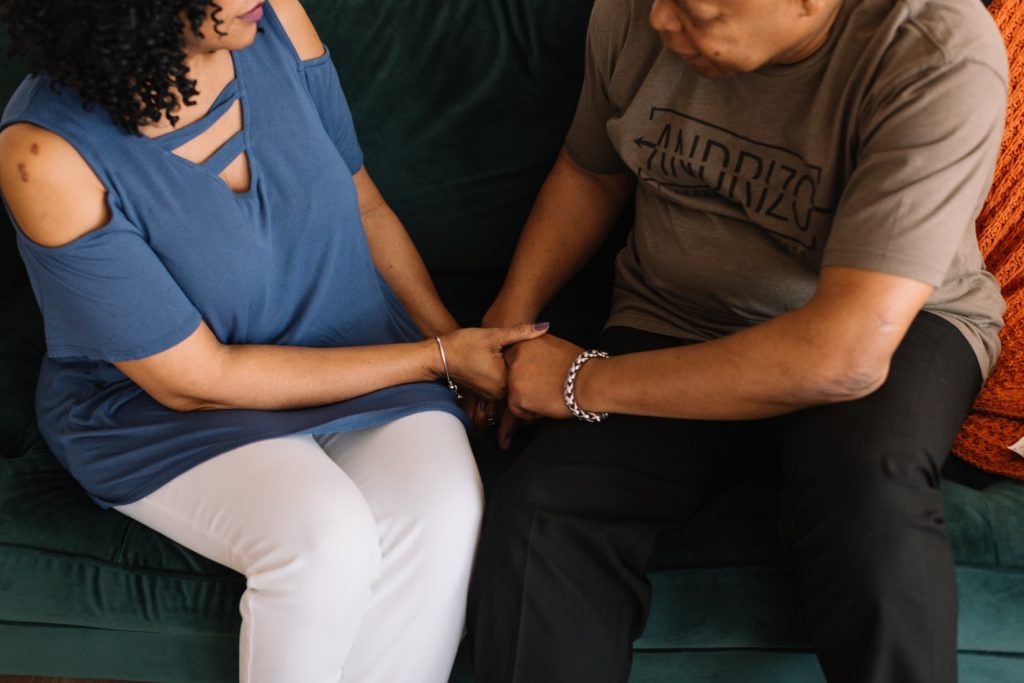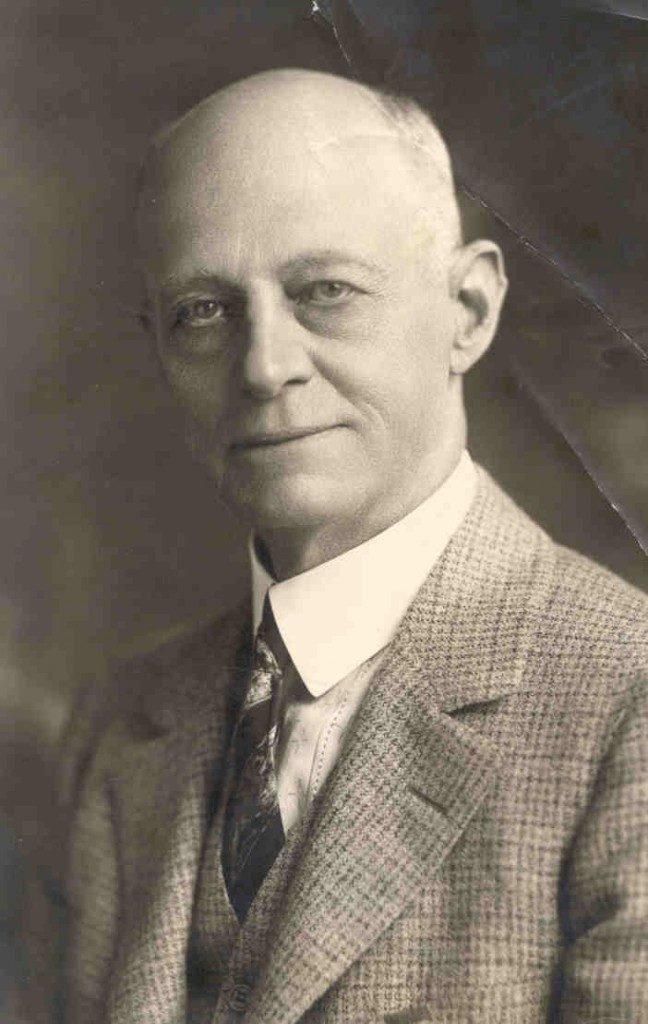
Anytime we form smaller groups from a large group we have a better chance of creating community. Large groups have community, but it is not until we begin to pare down these groups that real community has the opportunity to manifest itself.
With that said, true community does not happen without intentionality. I know this personally because I was part of a group for eight years that did not create community. There were times I was away for weeks and I never received a phone call, email, text or face to face encounter to inquire about how I was doing or where I had been. You get the picture. Relationships can, and should, be built by leaders creating an atmosphere that precipitates people getting together.
In this short section of the book on page 25, there is a question that is raised, and I think it is a good question to ask, “What about prayer and the role it plays in building community within a Sunday School class?” When I read the question I immediately thought about our friend and colleague David Francis. In one of his “Franciscan Epistles” entitled “Connect 3” he proved that when a class purposely incorporated prayer, they not only changed the atmosphere of the gathering, but also changed how they prayed. General prayers about saving the world, or healing the sick, or blessing our church, became more specific in nature. The lost now had names and many were people they knew. It is amazing that when prayer becomes a center point to any group, it changes the dynamic of the group and enhances the community being built.
We should not be asking if prayer should be a part of our community, but rather, how much time will be allotted for prayer when we gather.
Written by Dwayne Lee, Associate Team Leader for the Bible Teaching/Leadership Resource Group of the State Convention of Baptists in Ohio


